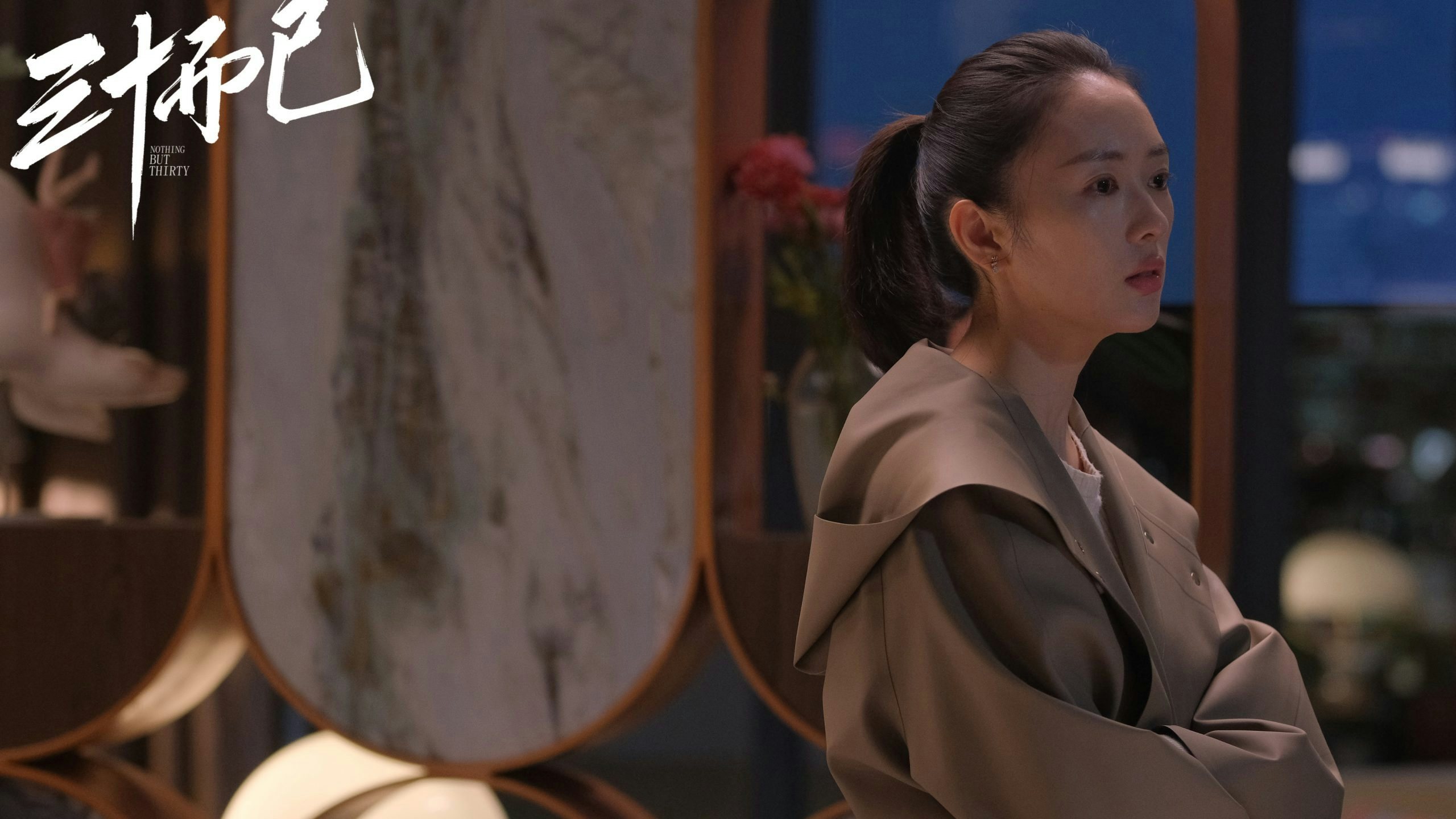Luxury brands have long built their ethos and designs around the question, “who is she?” Yet, corporate industry structures have traditionally been dominated by men. Recently, challenges to this standard have taken hold in the industry, as women take their seats at some of the fashion’s most exclusive corporate tables. They range from Judy Liu, who was appointed an executive board member at Farfetch, to Jean Liu, who joined the board of the international luxury group Kering as a director and the first-ever Asian board member.
These power moves are only the beginning of a much-needed change, though they signal that companies are starting to address the disconnect between their leadership and consumer demand. In China, particularly, gains in economic power have resulted in an overhaul of the country’s business landscape by a new generation of ambitious and trailblazing women.
A luxury brand operating in the market must adopt a two-fold level of awareness that empowers women within its company and speaks to a dialogue of empowerment with its consumer. Looking at the timeless womenswear brand Max Mara’s China strategy, their answer to the question “who is she” is a woman who’s professional, stylish, and empowered.
Yet, with heightened competition in the Chinese market, the challenge for a brand is identifying unique channels where it can connect with its audience. Regarding female empowerment, there has also been an uptick in female representation on Chinese television, which has presented a new and fortuitous opportunity for Max Mara to connect with its audience.
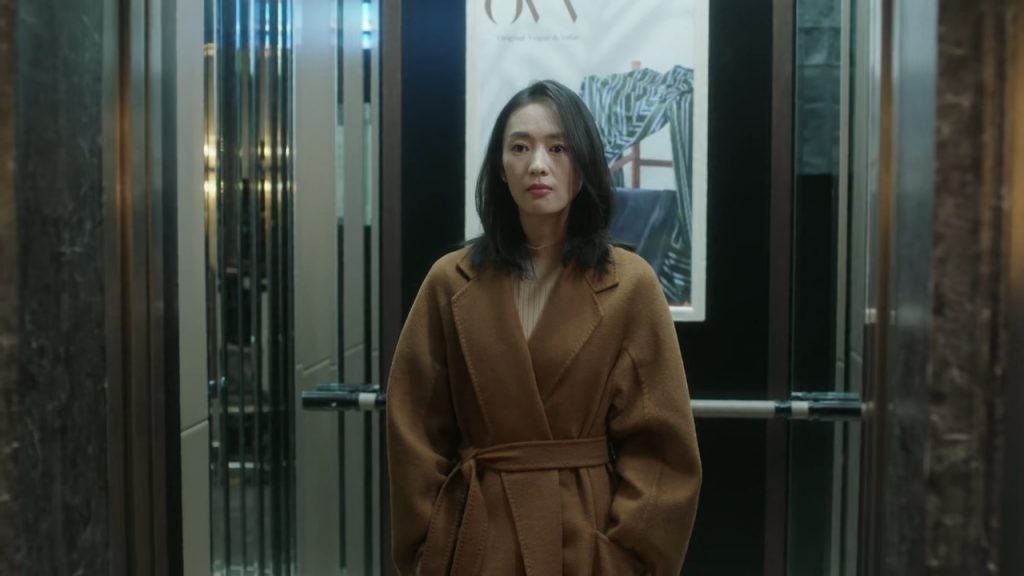
The scripted TV show Nothing But Thirty and the reality show Sisters Who Make Waves emphasize the normalcy of strong female workers in China, as their characters epitomize the ideals of successful Chinese women today.
As expected, wardrobes are integral to this new shift, and brands have been quick to tap this opportunity — some more successfully than others. A fashion drama from 2019 called Return the World to You featured over 120 fashion brands, making it difficult, in the end, for any to stand out, leaving audiences overwhelmed.
On the other hand, Max Mara has been able to authentically connect with the aspirational female fans of these Chinese shows. As one of the earliest Western brands to enter the China market, its awareness has grown organically along with the rise in female founders and working professionals.
With an innovative content commerce strategy across TV and film that was built on hero products and signature staples, Max Mara has taken a more integrated approach to content marketing. Here, Jing Daily analyzes several case studies from its localized strategy to reveal how the brand navigates potential trends.
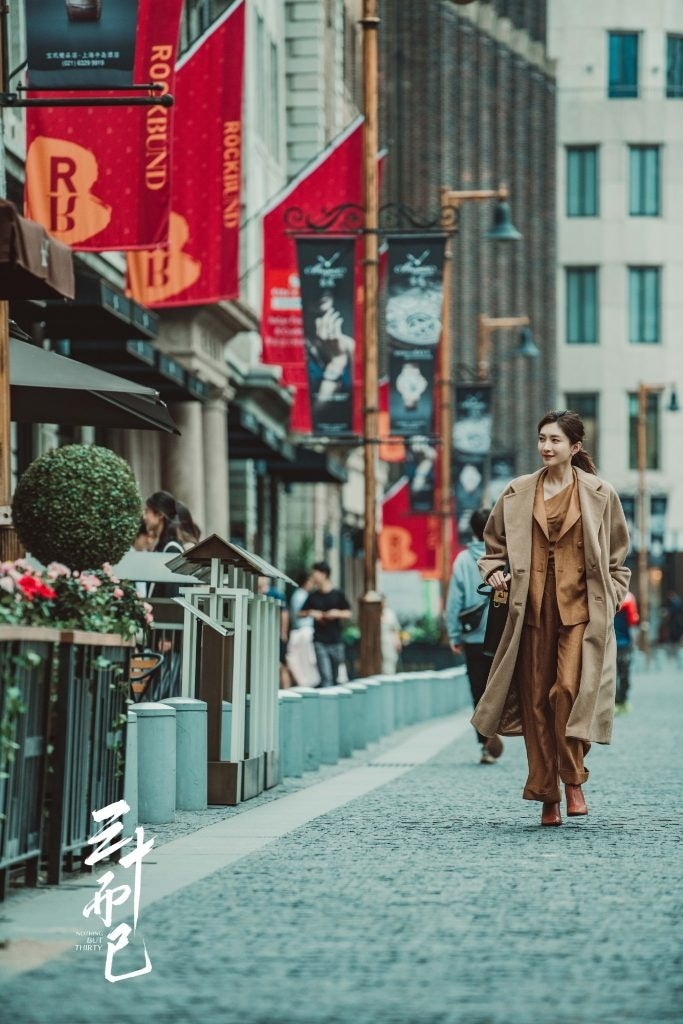
Nailing brand integration with TV endorsements#
Founded by Achille Maramotti in 1951, Max Mara is a premier brand dedicated to women’s ready-to-wear. Now, the brand continues its success with its current creative director, Ian Griffiths. His structural thinking and material manipulation have led to wardrobes that effortlessly complement a woman’s busy working life. As he outlined, “making women feel secure, confident, powerful... that’s our mission at Max Mara.”
With nearly 30 years in the China market and more than 70 stores across China, the Italian company has built its DNA primarily with its archive of stylish, iconic, and elegant coats. In fact, Max Mara's content commerce strategy has played off the power of this “trophy piece” to maximize exposure and boost significance through TV collaborations and partnerships.
One of the biggest hit shows of the summer, Nothing But Thirty, is a prime example of how Max Mara has found and maximized visibility in China. The series focuses on the challenges a trio of women face in Shanghai as they approach the critical age of thirty. It highlights themes of wealth and status, with luxury fashion acting as a strong signifier of both, while often helping to advance plot narratives.
Two of the main characters, played by Tong Yao and Jiang Shu Ying, wore Max Mara on several occasions, and other labels that received prominent placement on the series included Dior, Loro Piana, and Roger Vivier. All of these brands saw an increase in popularity, thanks to social media fans having extensive discussions about the styles on the show.
Nothing But Thirty gained much online praise from the new generation of Chinese professional females, and the search frequency for Max Mara soared on Baidu and WeChat during August when the show’s finale aired.
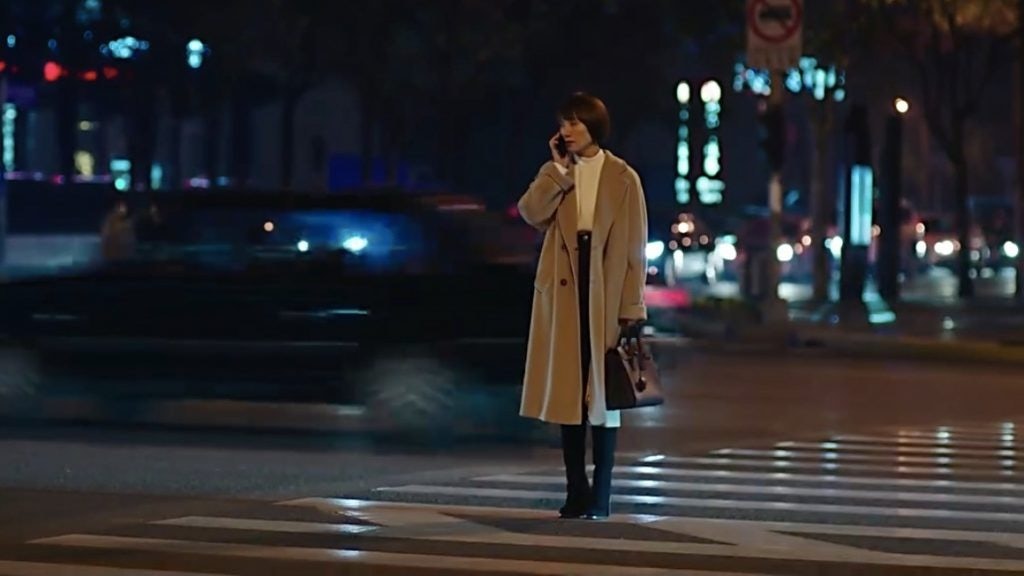
This content commerce approach was first tested by Max Mara on shows like The First Half of My Life. In this series, brand clothing was deeply integrated into the plots, with some scenes filmed at the Max Mara Citic Square retail store. One episode that featured the store found a character applying for a job as a salesperson there, which was a life milestone to her. Additionally, lead actress Yuan Quan, who portrayed a self-reliant and powerful working-professional, was often seen in Max Mara outfits.
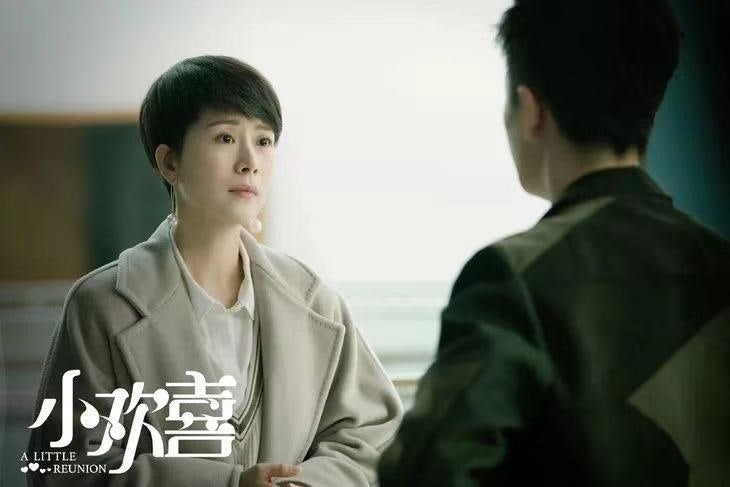
Other Max Mara collaborations can be found with Yao Chen from the TV series All Is Well and Hai Qing from A Little Reunion. These resulted in a seamless blend of on-screen appearances that were interspersed with more informal interview scenarios. Therefore, these mutually beneficial branding and sales bumps helped Max Mara organically move their target audience from online and on-screen to offline and in person.
Rewarding women at pivotal career stages#
In addition to supporting KOLs in China on a local level, the Max Mara vision has been built on elevating women around the world at pivotal stages in their lives. Since 2006, The Women In Film Max Mara Face of the Future Award has been given to an actor experiencing a turning point in her career.
Born in Kent to Chinese parents, actor Gemma Chan is the current and 15th winner of the award. Kirsten Schaffer, executive director of the advocacy Women In Film, said that Chan’s “groundbreaking roles often defy racial stereotypes and range from captivating performances in Crazy Rich Asians to women-directed films like ‘Mary Queen of Scots.’”
Chan herself has been vocal on the struggles of being a female actor, saying that there is still much to be done in the sector to ensure that women are adequately supported and represented. “Now that more women are in positions of power, it’s important to keep that door open and to continue to advocate for more women to be allowed equal opportunities,” she stated in an interview with MM Magazine.
Though movie theatres were closed for the first half of the year, TV and streaming opportunities have been grown into a vital route for consumer awareness. According to Starlink, TV ratings were higher than usual during China’s coronavirus outbreak, and these habits will likely continue beyond its aftermath.
Over the past decade, endorsement authenticity has increasingly been under the spotlight, as the power dynamic between companies and celebrities has become more sophisticated. As China’s society transforms, women are overhauling gender lines, incomes, roles, and responsibilities — as well as their relationships with fashion brands.
Being associated on-screen with radical female empowerment means that Max Mara has subtly and organically cemented its presence in the local market, making it a case-study that its contemporaries should study.
